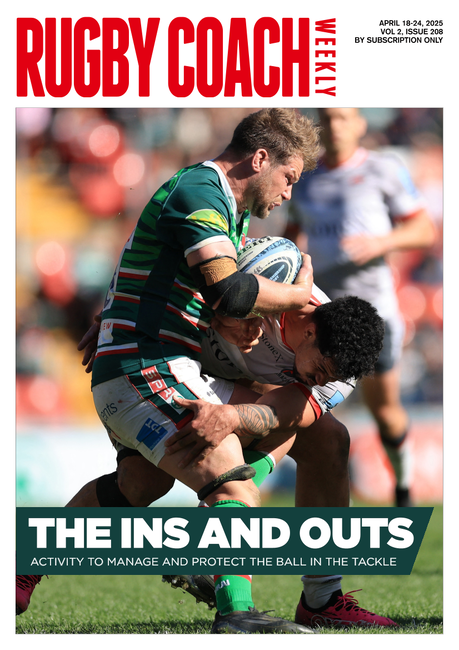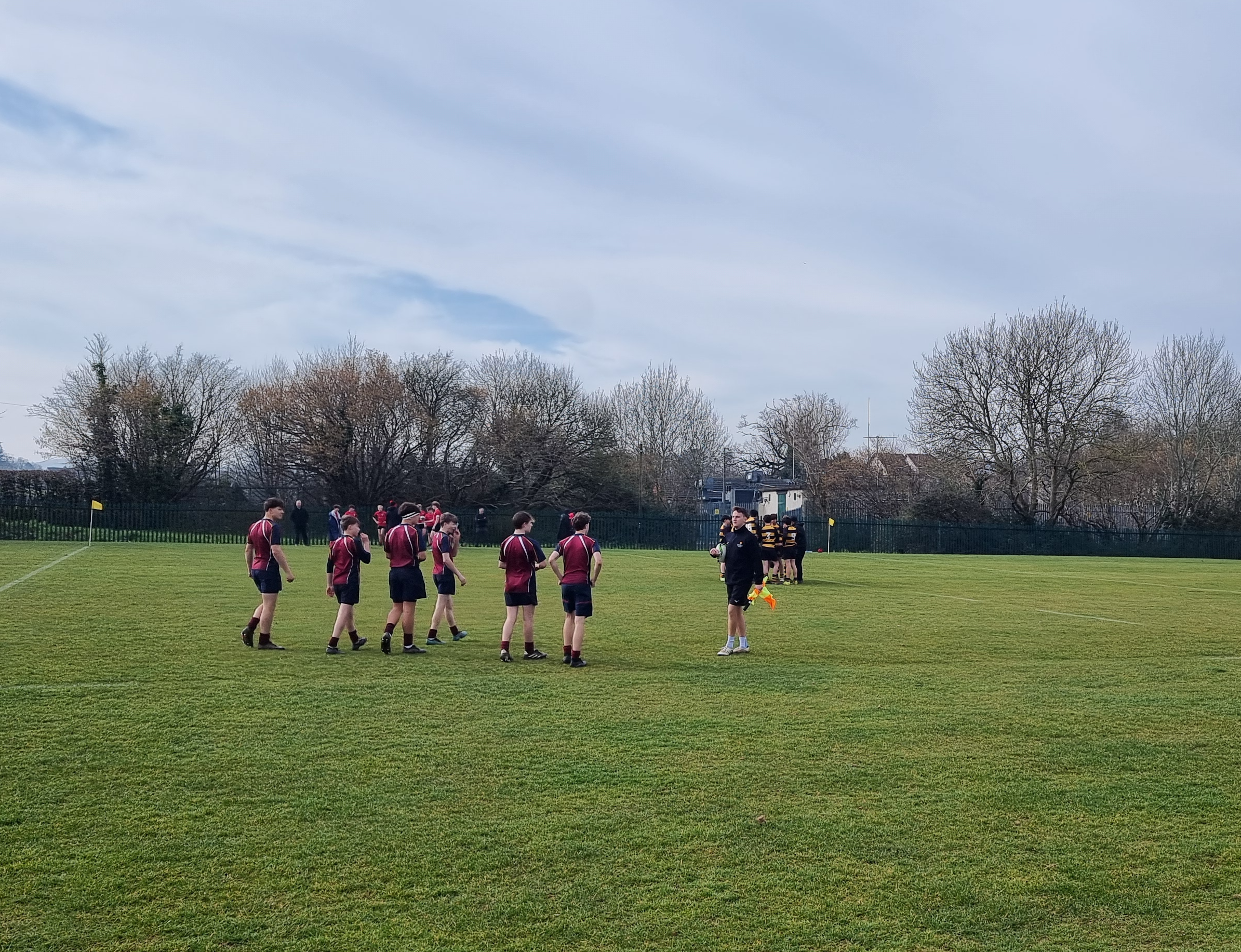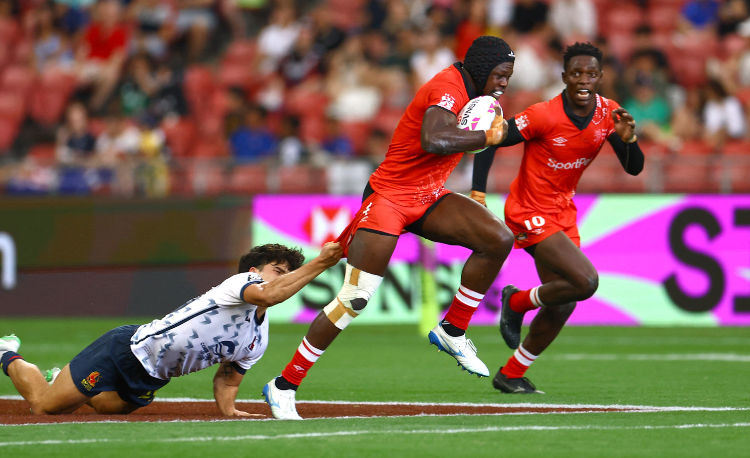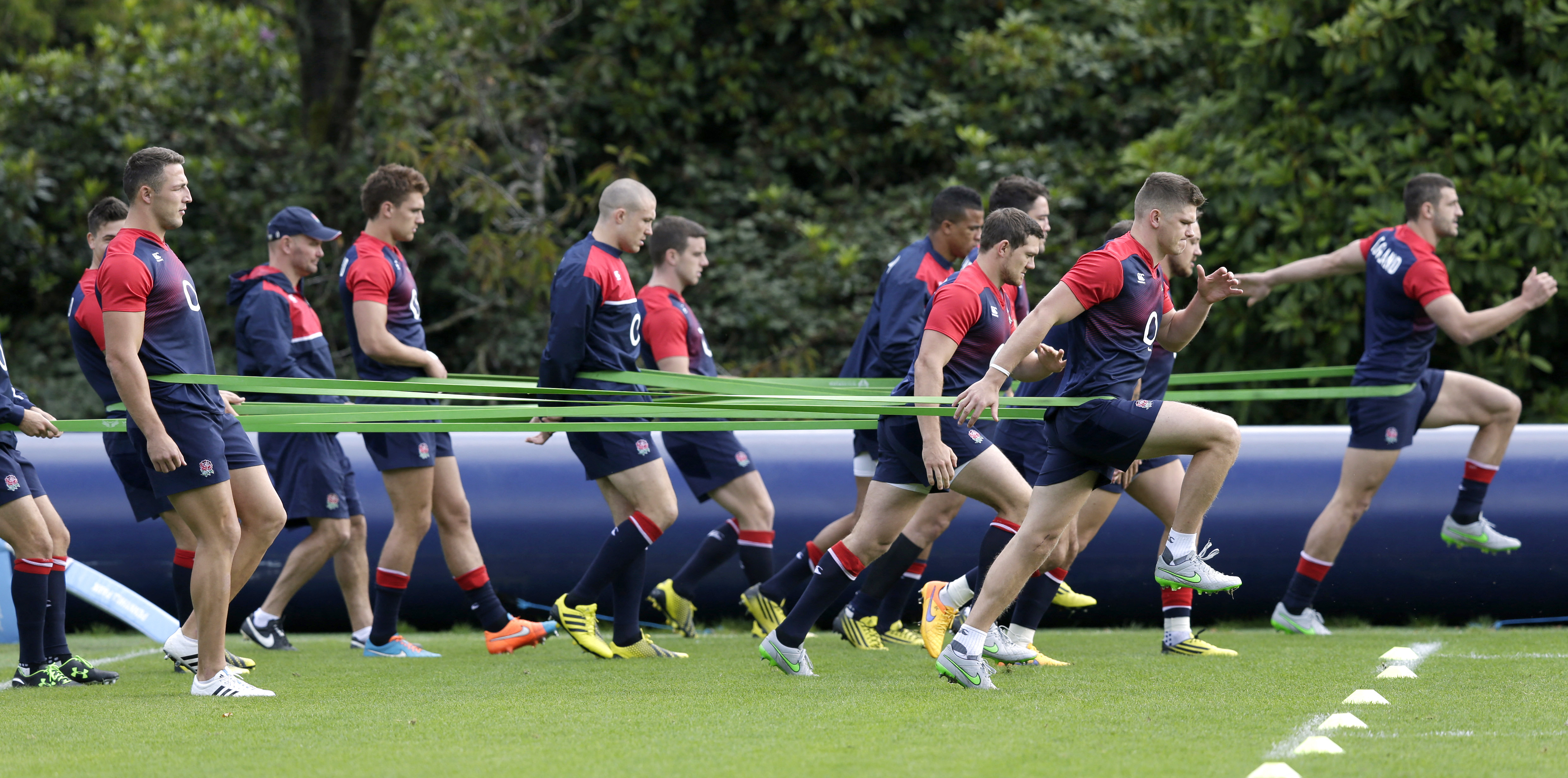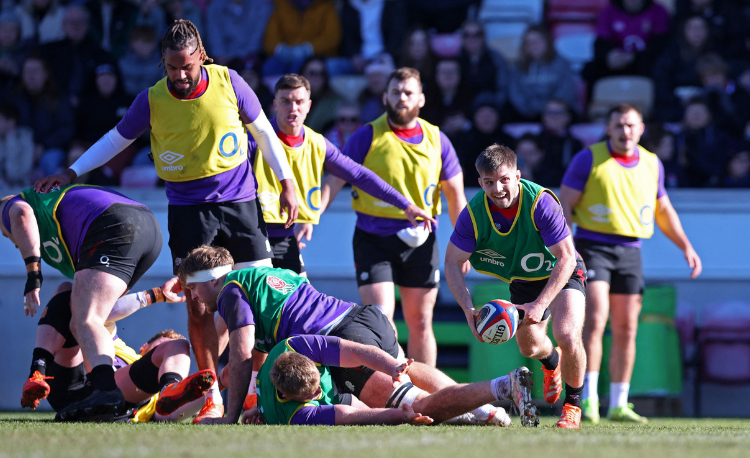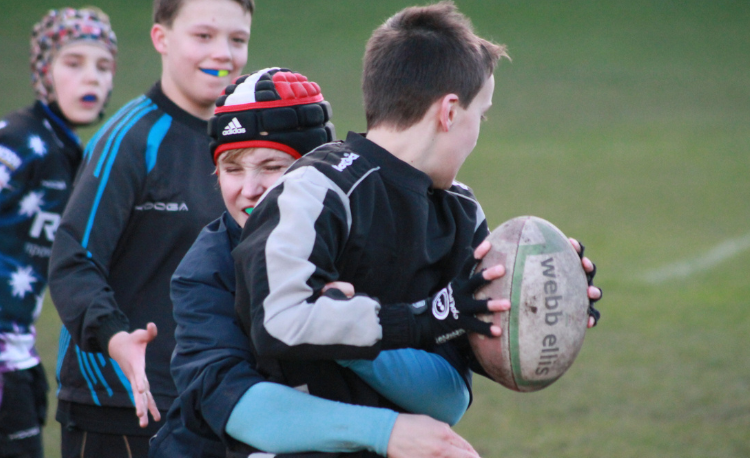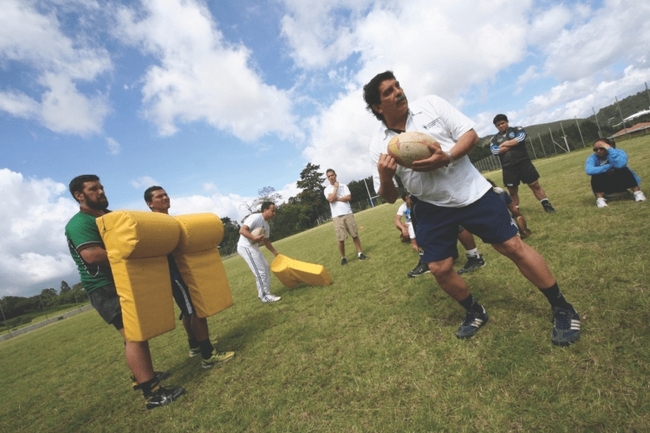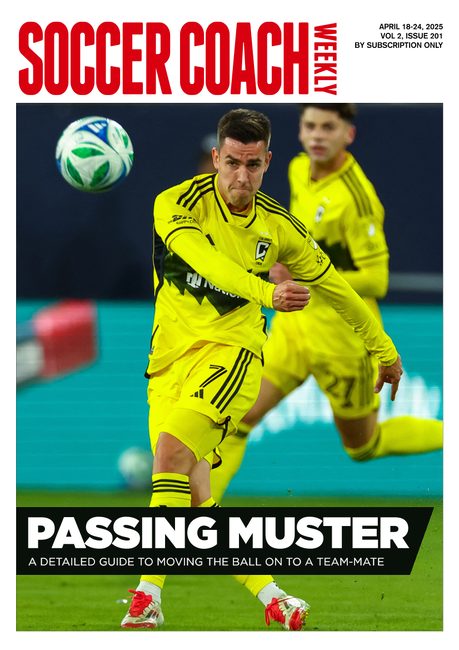Somebody’s watching you
Having another pair of eyes trained on you can power up your own coaching.
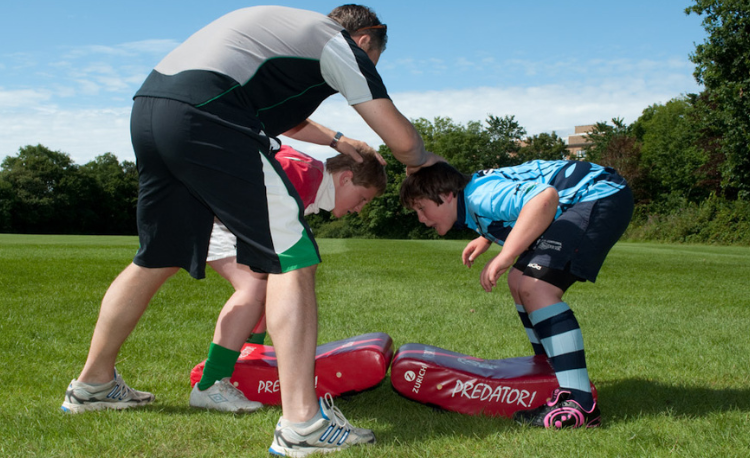
Another coach watching you can really help you develop, if it is done properly.
Give an observer a clear agenda to help make the process focused, less invasive and ultimately positive, with these top tips:
Say ’thank you’ first
To ensure that you and your co-coaches are working as equals, the observation and feedback process must be seen as a positive experience.
You aren’t passing an exam or ticking boxes for competency. You and the observer are learning and developing together.
The observer will also be gaining an insight into their own coaching, because, inevitably, they will be thinking about how they would deal with each situation. That’s an important reflection in itself.
However, it’s not a straightforward task to be open and honest, while being positive and non-judgmental when you are feeding back.
That’s why, before the session starts, and again before the feedback begins, the observed coach must say ’thank you’. Put the observer at ease as much as the recipient.
No excuses
During the feedback process, you can’t offer any excuses about your performance – you can only suggest why you made a decision.
Excuses are a means of passing blame on to an external condition. For example, a drill that didn’t work could be attributed to the players being lazy.
However, the mature response should be: "I need to make sure the players were more focused", or “Next time, I’ll think more about the way the players were acting before introducing that drill".
In other words, which of your actions could you change?
Set some questions
Before the observed session, set out questions you feel you need to answer. It should be the focus of what you’re working on.
You might think you need to improve the speed of transition between activities, or how much technical advice you give.
The observer will ask those questions. They should then ask some other questions, such as “What went well?” and “What will you do differently next time?”.
Note that you are answering the questions, not the observer. The observer might help by pointing out times when they saw you doing something.
Answer other questions
The observer needs to generate some questions of their own. These will be away from the direct focus.
They won’t start with the word "Why", which often leads to judgmental statements. Using the word "feel" puts the emphasis back on the coach to put across their viewpoint.
Here are some good questions: "How do you feel you dealt with…?”, “What would you do the same or differently next time?", "What was the impact of that decision/drill?".
Ask your own questions
So far, the observer hasn’t passed any judgement. All they have done is let you tell them what they feel.
You should now ask a couple of questions. It is essential they are not judgmental – questions like “Was that a good session?” or "Did the players enjoy it?” won’t be helpful.
Most questions are asking for low-grade outcomes – "Did I repeat the phrase: ‘You know what I mean’? or "Did I manage to unfold my arms when I gave feedback?".
Never disagree
Should the observer say something you don’t agree with, never say so. The whole process should be between you and the observer – nothing will be passed on to anyone else.
If you disagree with a point, you should either Ignore it, because you don’t think it makes a difference, or you should store it, because it might be something you need to think about in the future.
If you say you disagree, that only makes the process a little more uncomfortable.
The way forward
Embrace being observed. It will make an enormous difference to the way you coach if you are able to verbalise your thoughts to another coach.
The more observation becomes a natural part of any session, the more comfortable everyone becomes.
However, you should make an effort to allow others to comment on your sessions. That can only happen effectively if they are briefed in advance...
- Ask before the session to be observed.
- Set out the questions you want to be asked.
- Make sure that the observer knows that you will not be making excuses, nor will you disagree with what they say.
- Answer your questions, their questions and then ask your own questions.
- Reflect on the answers, drawing strength from the positives and enjoying the challenge of improving for the future.
Thank you for reading
to enjoy 3 free articles,
our weekly newsletter, and a free coaching e-book
Or if you are already a subscriber, login for full access
Newsletter Sign Up
Coaches Testimonials

Gerald Kearney, Downtown Las Vegas Soccer Club

Paul Butler, Florida, USA

Rick Shields, Springboro, USA

Tony Green, Pierrefonds Titans, Quebec, Canada
Subscribe Today
Be a more effective, more successful rugby coach
In a recent survey 89% of subscribers said Rugby Coach Weekly makes them more confident, 91% said Rugby Coach Weekly makes them a more effective coach and 93% said Rugby Coach Weekly makes them more inspired.
Get Weekly Inspiration
All the latest techniques and approaches
Rugby Coach Weekly offers proven and easy to use rugby drills, coaching sessions, practice plans, small-sided games, warm-ups, training tips and advice.
We've been at the cutting edge of rugby coaching since we launched in 2005, creating resources for the grassroots youth coach, following best practice from around the world and insights from the professional game.


